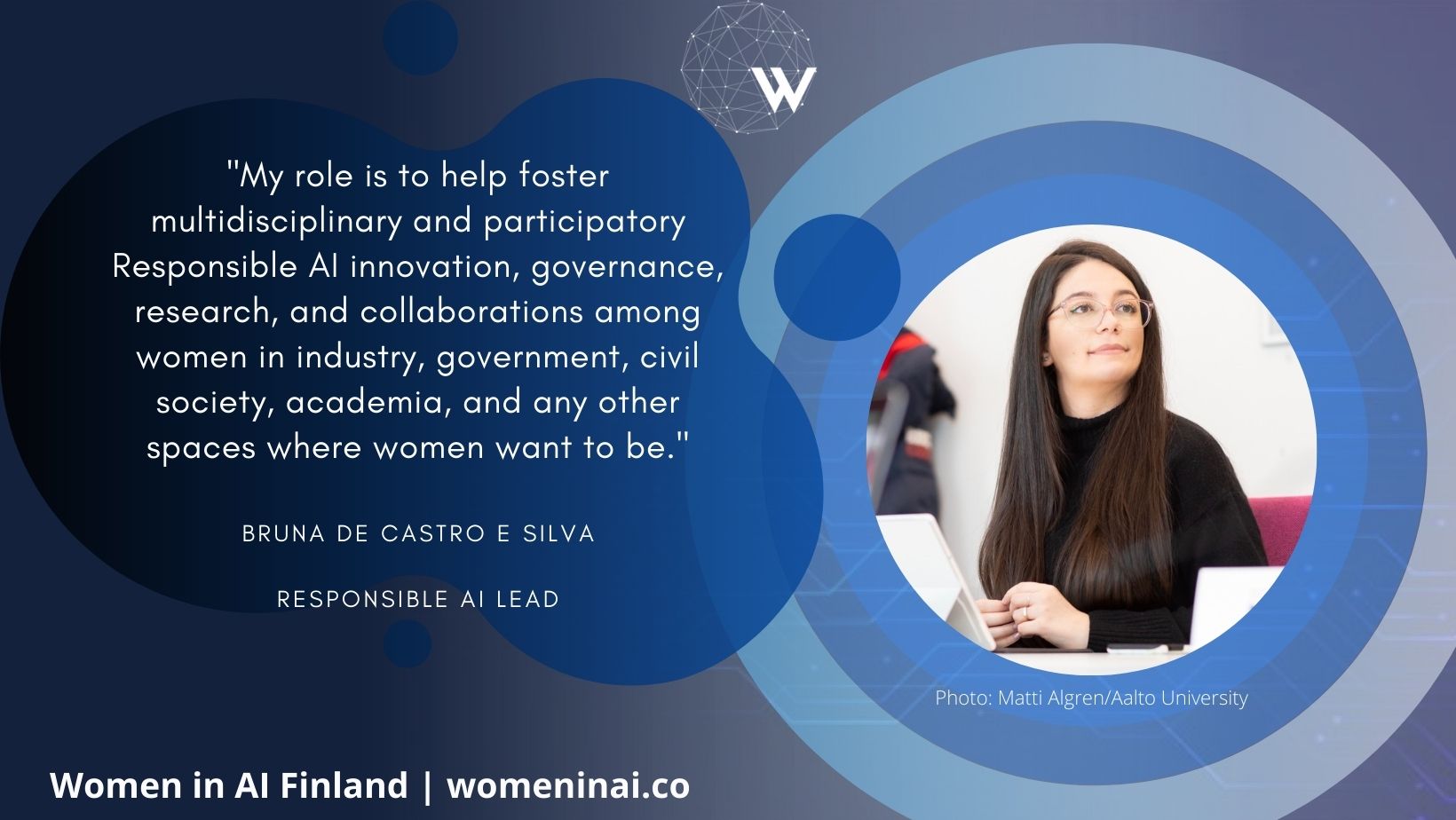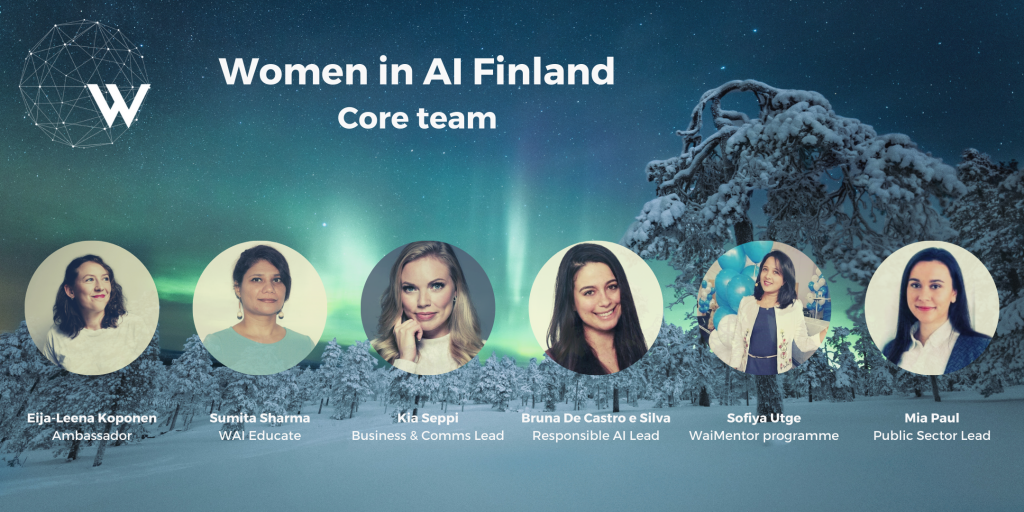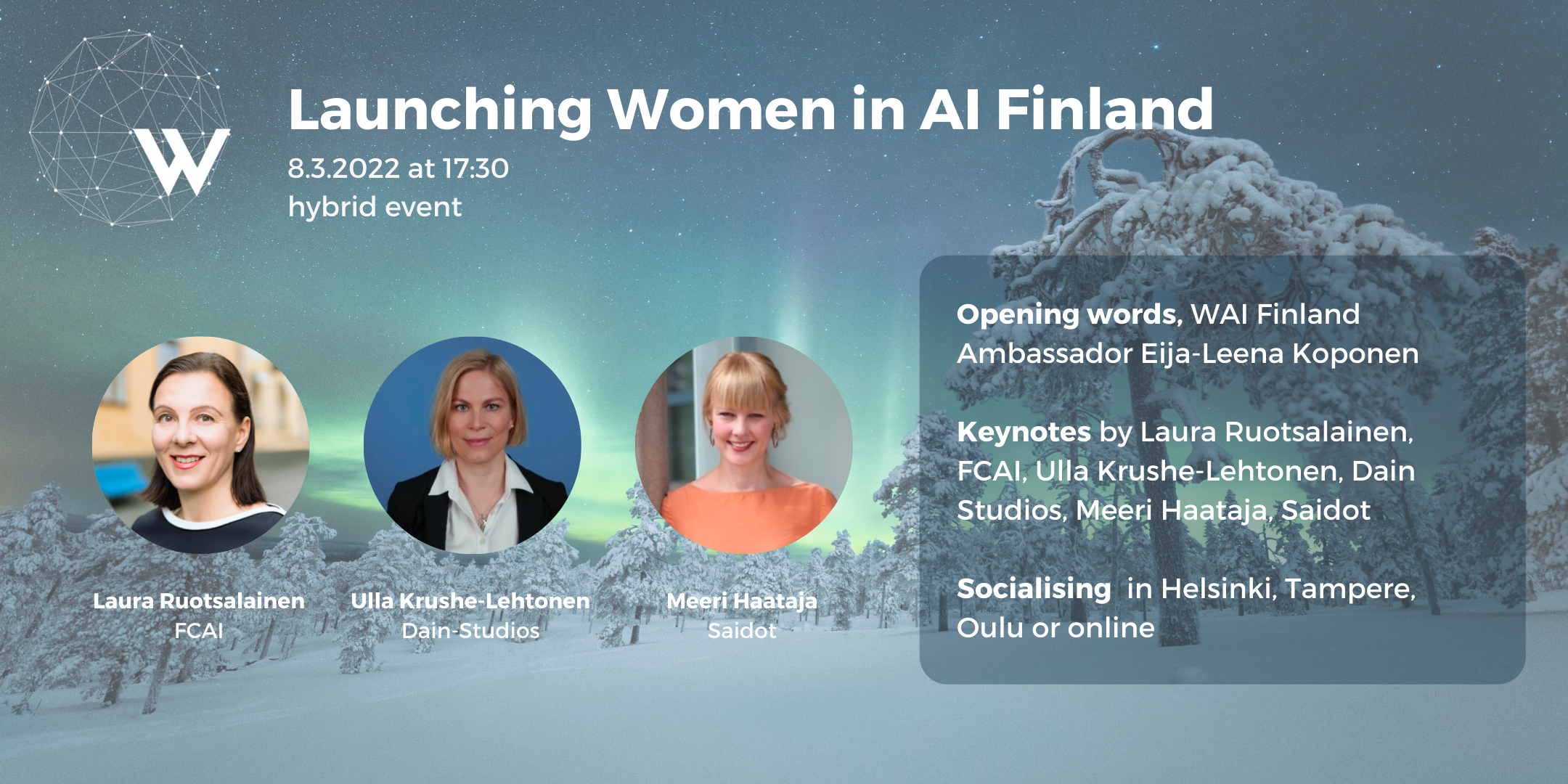I am a Legal PhD Researcher working on the fascinating intersection of law and technology. My research investigates the risks and opportunities for human rights posed by artificial intelligence (AI) and aims to propose solutions to ensure that AI and emerging technologies are designed, developed, deployed, and regulated in a way that respects and promotes human rights. I analyze the adequacy of international human rights law and its institutions to deal with the challenges posed by big data and AI, and how to incorporate a human rights-based approach into AI governance and regulation.
Responsible innovation must consider the deepening relationship between technology and society, equally providing benefits and opportunities for all. There is no space for innovation that is not guided in the direction of equality, democracy, human rights, and the rule of law.
How did you get interested in technology?
Digitalization is one of the most impactful phenomena in our modern lives and it has been reshaping how our entire society functions and, consequently, how our laws and legal systems function as well. AI offers significant opportunities for education, work, social care, health, environmental protection, law enforcement, among other areas, but there are several issues that need to be considered as AI has also the potential to undermine or violate human rights.
The legal discipline—the science of the interpretation and application of the law—has always been my passion. As a researcher, when observing all the urgent and evolving questions posed by AI, understanding and critically investigating the nexus between law and technology became my passion too.
Why is it important to promote gender-inclusive AI?
AI systems are sociotechnical systems, meaning that they must be addressed considering the people, organizations and institutions using and governing them. We must look at the complexity and embeddedness of social structures in AI to really understand that we need much more than just designing systems and applying them in the world in order to solve our problems.
One of our most critical societal problems is, indubitably, inequality, in its many forms, levels and layers. Among existent inequalities, gender inequality intensively manifests itself in the phenomenon of digitalization, as the datafication of society negatively affect people who do not participate in the design of the system the most, including women and other disadvantaged groups, such as people with disabilities, elderly people, children and young people, ethnic minorities, among others.
Therefore, responsible innovation must consider the deepening relationship between technology and society, equally providing benefits and opportunities for all. There is no space for innovation that is not guided in the direction of equality, democracy, human rights, and the rule of law.

The mini-series of interviews is co-organized by Ritva Savonsaari, Coordinator at AI Hub Tampere, Tampere University, and Bruna de Castro e Silva, Doctoral Researcher, Tampere University and Responsible AI Lead at WAI Finland.
AI Hub Tampere and Women in AI Finland would like to thank all the participants and say that we look forward to seeing all the great work these amazing researchers will continue to do in their diverse fields and areas of expertise.

LinkedIn page: https://www.linkedin.com/showcase/women-in-ai-finland/


